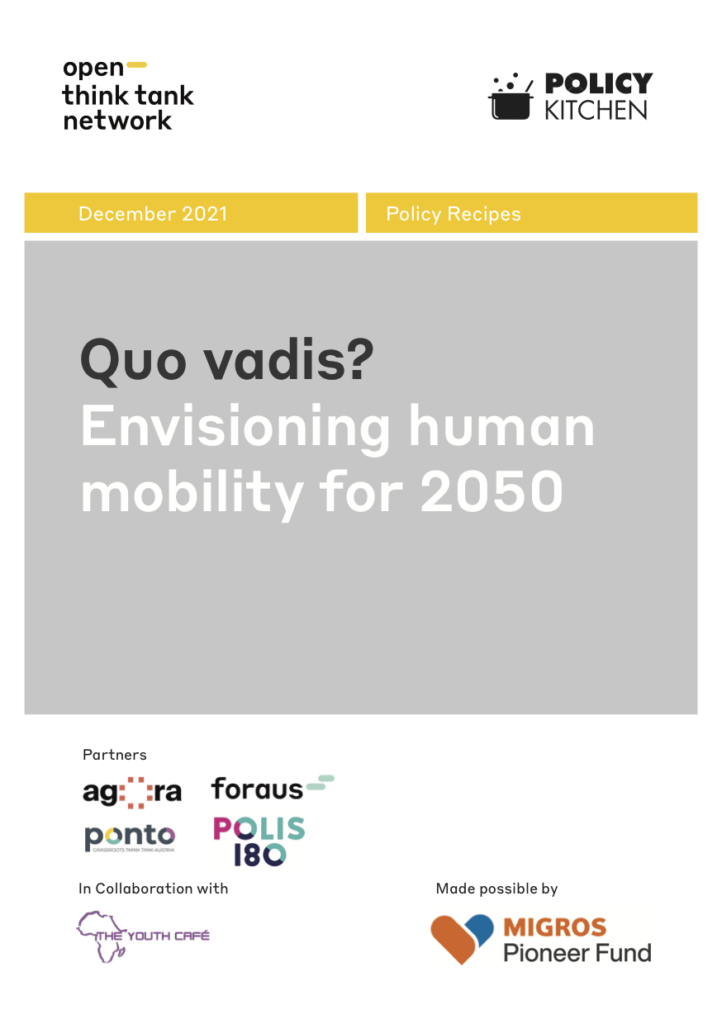Jessica war zwischen Dezember 2020 und Dezember 2022 Co-Programmleiterin Migration.
Jessica hat im Juli 2020 ihr Masterstudium in Rechtswissenschaften an der Universität Fribourg abgeschlossen. Das Thema Migration hat sie schon immer interessiert. Nach einem Auslandaufenthalt und Praktikum im Bereich Menschenrechte in Bogota im Jahr 2017 hat Jessica jedoch angefangen, sich richtig mit dem Thema auseinanderzusetzen. Seither durfte sie in einer Anwaltskanzlei in Bern Erfahrungen im Bereich Asylrecht sammeln und diese daraufhin beim Verein AsyLex vertiefen. Einer der grössten Erfolge erzielte sie, als sie vor dem Bundesgericht ein Urteil betreffend Ausschaffungshaft gewann. Seit Juli 2020 ist Jessica bei AsyLex zudem für die Co-Projektleitung des Teams AIG/Procedures zuständig.






